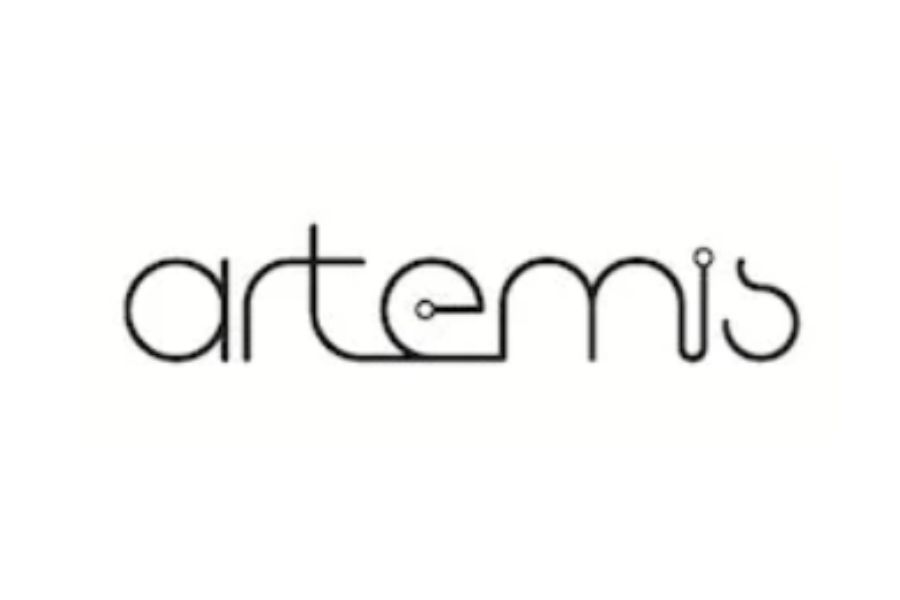Project Name: An integrated appRoach To improve the Environmental perforMance of smart cItieS
Open Call Topic(s): Smart Cities and Circular Economy in Buildings
Description
The smart city concept has received increased attention from researchers and decision-makers across the EU. However, there is a gap between smart city research & practice, and environmental sustainability: to date, smart city projects have not adequately assessed the environmental impacts of their strategies, which remain largely unknown. Research is needed to provide empirical evidence, advanced tools and metrics that can support the design, implementation and evaluation of smart city strategies to improve urban environmental sustainability.
ARTEMIS investigates whether and how the smart city can improve the environmental performance of urban systems. The research aims to provide insight into key aspects of smart city strategies that can effectively reduce environmental impacts; a novel environmental impact assessment framework to support decision-making in smart city projects; and improved key performance indicators (KPIs) on environmental sustainability and circularity for smart cities.
ARTEMIS is developing an integrated framework coupling urban metabolism and life-cycle assessment, to estimate how strategies implemented in two EU-funded smart city projects (in Lisbon, Portugal, and Trento, Italy) have affected a wide set of environmental impacts, associated with urban systems. Drawing on the framework and results, KPIs will be provided to evaluate environmental sustainability in smart cities. The framework, recommendations and KPIs will be replicable across EU cities.
Objective: The development of an assessment framework uses a material flow accounting model for regional and urban scales to estimate, which builds on the European Wide Material Flow Accounts (EW MFA,) and will allow the selection and recommendation of a set of KPIs on environmental sustainability, associated with the built environment. Both the framework and the KPIs can, in the future, contribute to the development of standards on material and product flow traceability, at different geographic scales (national, regional, urban), and on indicators related to environmental performance and circularity in the built environment.
Current status of project activities: Currently, we are modelling the MFA for Trentino and Lisbon regions, within spring 2023 we will finish the environmental assessment framework, and by the end of summer 2023, we will have the KPI set. The project is expected to end on September 5th 2023.
Reason for applying to HSbooster.eu services
The Standardisation Booster service could help exploit the project results, after the end of the project and in the continuation of our research on this topic, to effectively contribute to the development of standards on material and product traceability, environmental performance assessment and indicators and sustainable circular development. At this stage, it would be important to have an introduction to the topic, understand the basics of standardization, how to exploit R&I project results and effectively engage with standardisation organizations and other stakeholders to participate and contribute to the development of new/updated standards.
Main Standardisation Interests
-
Understand the basics on standardisation including basic terms
-
How to choose appropriate types of standardisation for an R&I project
-
How to select relevant Standardisation Organisations to engage with
-
How to get engaged in standardisation as an observer or participant
-
How to influence processes and outcomes of standardisation
Project Acronym: ARTEMIS

Grant Agreement Id: 101026073
Start Date:
End Date:
Programme: H2020-EU.1.3. - EXCELLENT SCIENCE - Marie Skłodowska-Curie Actions
Call for proposal: H2020-MSCA-IF-2020
Funding Scheme: MSCA-IF-EF-ST - Standard EF



